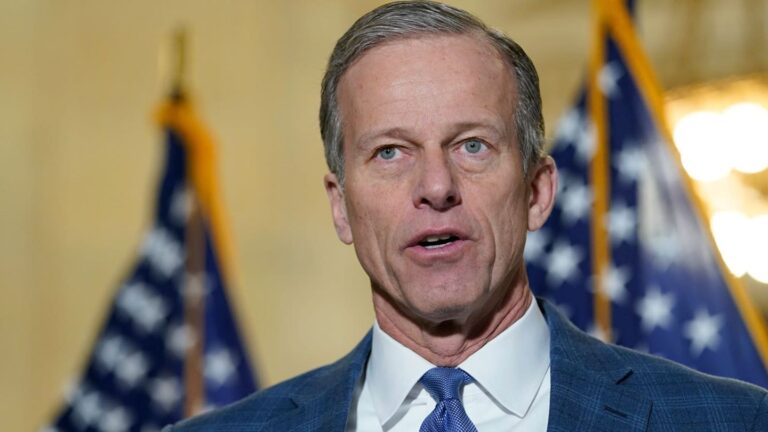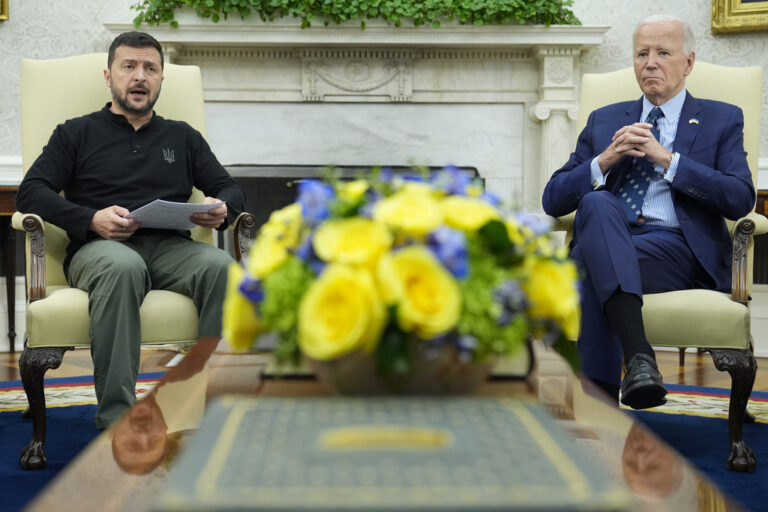 Turkey has agreed to let the U.S. military use a key air base near the Syrian border to launch airstrikes against the Islamic State, senior U.S. officials said Thursday, giving a boost to the U.S.-led coalition while drawing Turkey deeper into the conflict.
Turkey has agreed to let the U.S. military use a key air base near the Syrian border to launch airstrikes against the Islamic State, senior U.S. officials said Thursday, giving a boost to the U.S.-led coalition while drawing Turkey deeper into the conflict.
President Barack Obama and Turkish President Recep Tayyip Erdogan finalized the deal in a phone call Wednesday, officials said, following months of U.S. appeals to Turkey and delicate negotiations over the use of Incirlik and other bases in the country. Frustrated by Obama’s focus on fighting IS instead of Syrian President Bashar Assad, Turkey’s government had resisted the move, but in recent days a surge of Islamic State activity in Turkey has made the militant group an increasing source of concern.
American officials said access to the base in southern Turkey, not far from IS strongholds across the border in Syria, would allow the U.S. to move more swiftly and nimbly to attack IS targets. Under the deal, the U.S.-led coalition will be allowed to launch manned and unmanned flights from Incirlik; in the past, only unmanned drone flights were allowed.
Turkey has yet to publicly confirm the agreement, which U.S. officials discussed on condition of anonymity because they weren’t authorized to comment publicly. Citing operational security, the White House declined to confirm the agreement, but noted that Obama and Erdogan had agreed to “deepen our cooperation” against IS in their phone call Wednesday.
“Turkey is a critical partner in degrading and defeating ISIL, and we appreciate the essential support Turkey provides to the international coalition across the many lines of effort,” said Alistair Baskey, a spokesman for the White House’s National Security Council, using an alternative acronym for the militant group.
Incirlik Air Base, located in southern Turkey across the border from the Syrian city of Aleppo, is a joint U.S.-Turkish base. The U.S. Air Force’s 39th Air Base Wing is based there, and its proximity to IS strongholds in Syria makes it a strategically advantageous place from which to attack the militant group. Turkey shares a 1,250-kilometer (775-mile) border with Iraq and Syria.
Turkey’s consent came as the country finds itself on higher alert following a series of deadly attacks and signs of increased Islamic State activity inside the country. On Thursday, IS militants fired from Syrian territory at a Turkish military outpost, killing one Turkish soldier and prompting Turkish retaliation that killed at least one IS militant. Earlier in the week, a suicide bombing that Turkey blamed on IS militants killed 32 people in southeastern Turkey, near the Syrian border.
Turkish officials have raised concerns that the bombing was part of a campaign of retaliation for Turkey’s recent crackdown on IS operations in the country. In the last six months, Turkish officials say, more than 500 people suspected of working with IS have been detained. An investigation of recruitment networks in Turkey netted 21 terrorism suspects this month.
Although Turkey has joined the U.S.-led coalition against IS, it has limited its participation out of concern that Washington’s overall strategy for Syria is flawed. To Turkey’s dismay, Obama has prioritized fighting IS over opposing Syrian President Bashar Assad in his country’s civil war, and for months Turkey held off on allowing the U.S. to launch strikes from Incirlik as it pressed the U.S. to broaden its mission in Syria to take on Assad.
In an apparent nod to Turkey’s interests, the White House said Thursday that in addition to agreeing to step up joint efforts on IS, Obama and Erdogan had decided to deepen cooperation on “our work to bring about a political settlement to the conflict in Syria.”
(AP)











One Response
Interesting that he dealt with Turkey’s President not prime minister.